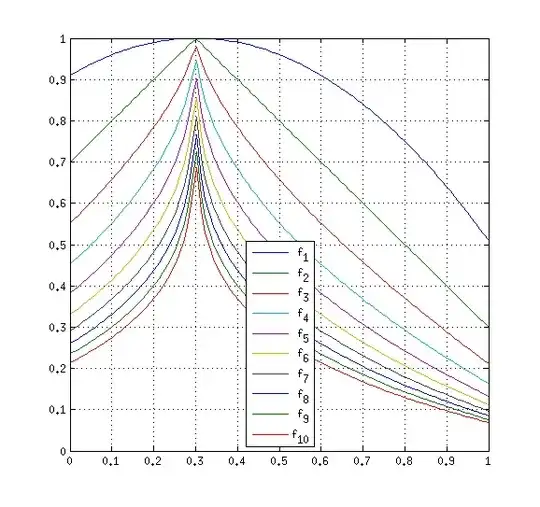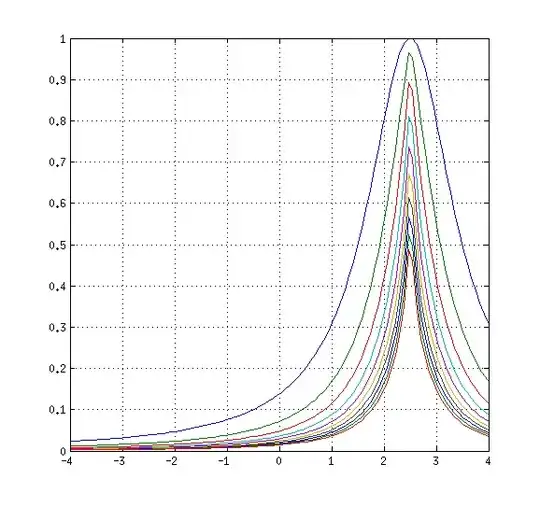Im not mathematician so I dont know if this question is trivial or not. I was thinking if exist some function composed of simple continuous functions (trigonometric, exponential, powers, roots, logs, etc...) that work as Kronecker delta or the floor function that map from $\Bbb R$ to $\Bbb N$.
If the answer is a "NO" then I have a complementary subquestion: exist a limit of a function composed by simple continuous functions that make the same? What Im asking is about a function that in some limit (to 0, to infinity, to X, etc...) does the function of Kronecker delta or floor function.
I want to know if exist something similar to Kronecker delta or floor function that is defined in an analytic context, maybe with the use of limits or integration. Thanks in advance.
EDIT: sry, I didnt noticed that the function, obviously, cannot be analytic because is discrete. What I was trying to say is if exist a way to construct these type of discrete functions with functions composed of simple continuous functions not just by definition.
Sry very much for the wrong language and complication.
EDIT2: "challenge" expanded to the sign function.

